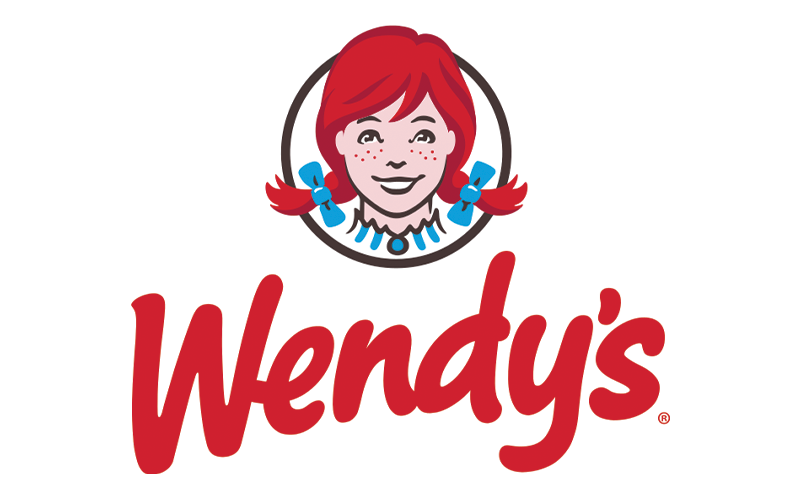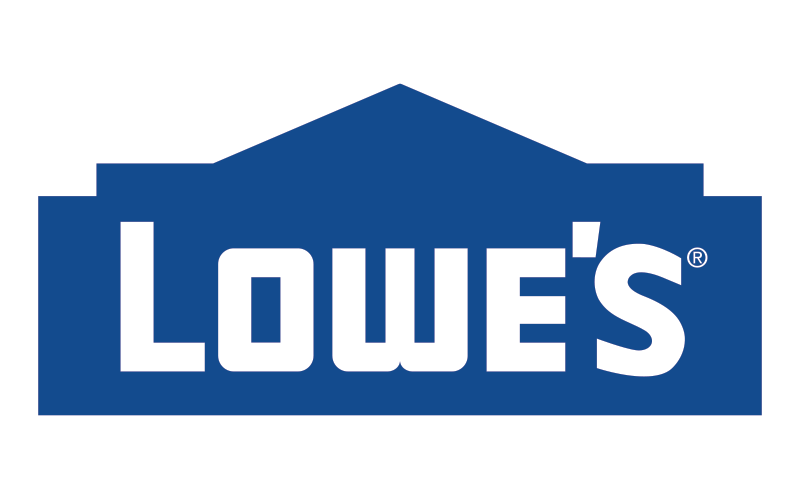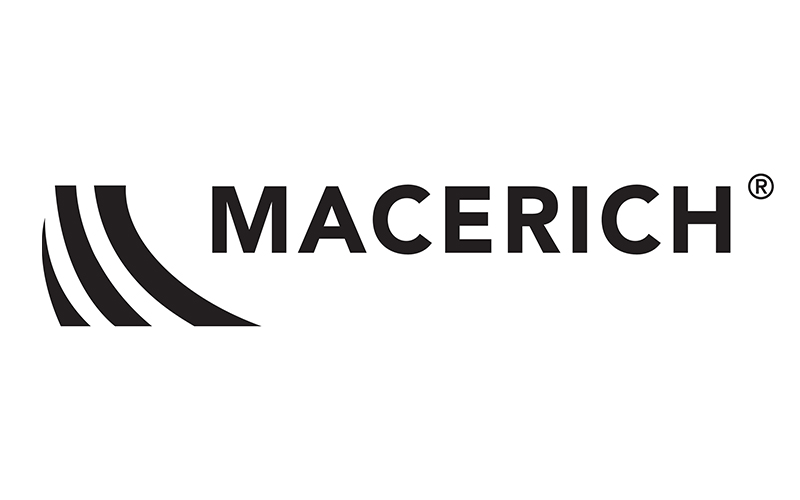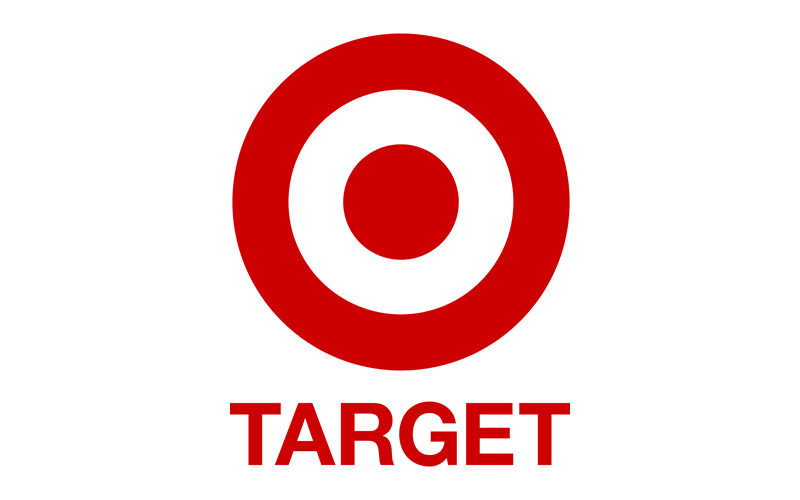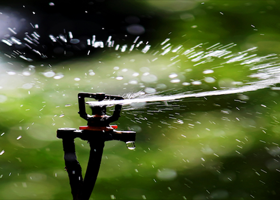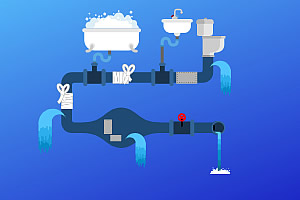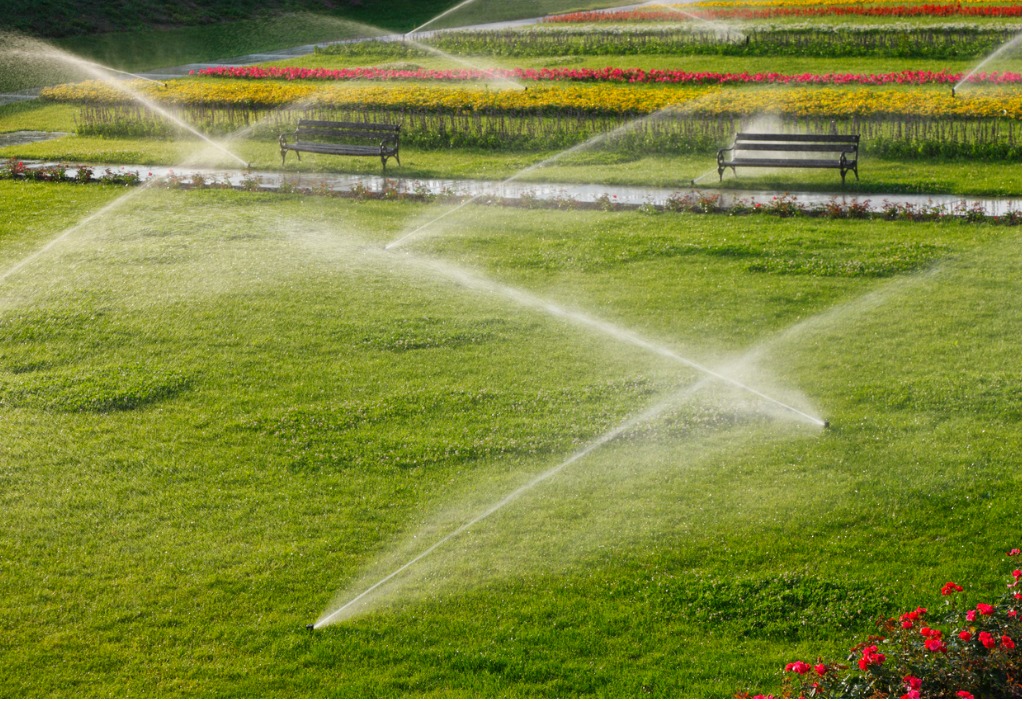Water Conversation Strategies & Best Practices
There are several water conservation strategies retailers can implement to reduce their water consumption and save on water costs for both indoors and out — capturing and reusing rainwater, installing low-flow fixtures, implementing smart irrigation, investing in a water-use analytics service, and installing green infrastructure.
Capturing and Reusing Rainwater
Capturing rainwater involves collecting run-off rainfall from roof tops into gutters and channeling water into storage vessels such as rain barrels or large cisterns. This recycled water can then be used for outdoor irrigation or indoor non-potable uses, reducing an organization’s overall freshwater usage. Doing so will ease the strain on municipal water supplies, reduce flooding, and fight erosion and contamination. Using reclaimed water whenever available is an excellent way for businesses to save on water costs and help the environment.
Installing Low-Flow Fixtures and Appliances
The EPA recommends replacing restroom fixtures with low-flow toilets, faucets, and high-efficiency drips and nozzles. Using waterless urinals can save up to 40,000 gallons of water annually (Source: One Community Global). Additionally, low-flow toilets typically use 1.3 gallons of water per flush, about two to three times less than other toilets.
Faucet aerators, which limit the maximum flow rate of water from faucets, can also save thousands of gallons of water each year, and automatic faucets with electronic proximity sensors restrict water usage to a few seconds at a time which eliminates the risk of a customer or employee leaving a tap running. Single-pass cooling equipment, such as air conditioners and ice machines, can be modified to recirculate water and produce significant water savings.
Implementing Smart Irrigation Controllers
Smart irrigation combats outdoor water waste by tailoring watering schedules and run times to the specific landscape. Smart controllers monitor weather, soil conditions, evaporation, and plant water use and adjust watering schedules accordingly. These systems typically reduce water use by 25-50% and even pay for themselves within two years.
Unlike traditional irrigation controllers, smart irrigation controllers don’t operate on preset schedules and timers. Instead, they adjust based on rainfall, temperature, and other site-specific factors. Automation cuts off the water at the moment it’s no longer needed — reducing water waste, water costs, and time spent managing the systems.
Investing in a Water-Use Analytics Service
Organizations no longer need to wait a month to receive a steep water bill that tells them they’re using too much. Companies can now invest in a water use analytics service that provides real-time visibility of their indoor and outdoor water usage — catching leaks and breaks and letting them get ahead of wasted water and costly bills. Using a service like this means reduced damage and system liabilities, reduced water outages and costs, and extended life of facilities.
Installing Green Infrastructure
Green infrastructure considers the natural environment and its ecological functions when planning urban land use. This can significantly help businesses conserve water, improve property appeal, meet ESG goals, fight the impacts of climate change, and even improve employee well-being. Some examples of green infrastructure found at retailers or corporate campuses include green roofs, green belts, living walls, and rain gardens. These green spaces can help companies achieve sustainability goals while making their campuses more appealing to employees. Companies that invest in green infrastructure also see economic benefits such as reductions in water costs, heating and air conditioning costs, and air purification costs.
HydroPoint Smart Water Management
Many businesses waste far more water than they’re aware of. Implementing water conservation strategies to manage onsite water more intelligently and finding a smart water management partner are essential steps for retailers looking to conserve water and save money on water costs. HydroPoint has been partnering with retail customers for over 20 years — giving them access to a portfolio of smart water management products and services that make saving water seamless — including smart irrigation and water use data and analytics.
Ready to learn more? Get in touch.
Retail Companies Using HydroPoint for Water Conservation
